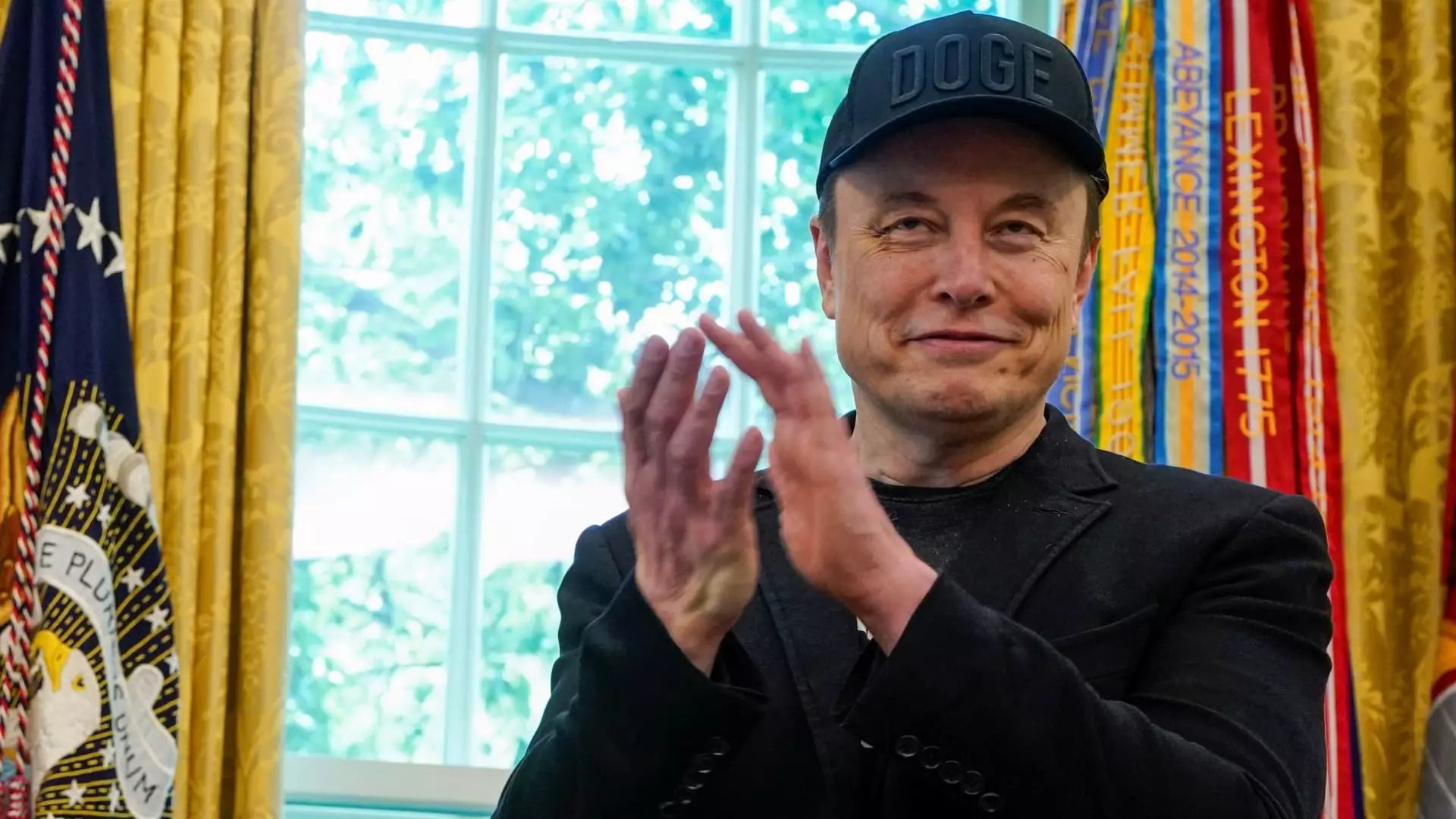Elon Musk’s announcement of the “America Party” signals a daring attempt to fracture the entrenched bipartisan system that has long defined American politics. His declaration suggests that even the wealthiest among us are now willing to shake the foundations of the political establishment. Yet, despite the bravado and the promise of restoring “freedom,” this move raises serious questions about the viability and sincerity of such an enterprise. Musk’s venture appears less like a genuine effort to foster populist reform and more like a high-stakes gamble to influence entrenched power dynamics from within. His emphasis on targeting just a few swing districts reveals a calculated approach aimed at wielding disproportionate influence rather than addressing broader systemic issues.
A Fluctuating Alliance and a Self-Interested Strategy
Musk’s shifting alliances—a former supporter of Trump, now criticizing him—highlight the complex and often contradictory motives behind his political maneuvers. His willingness to invest vast sums into campaigns and now to form a new party underscores his desire for control and influence rather than a sincere desire for comprehensive reform. A center-leaning liberal thinker might view this as emblematic of a figure driven more by personal ambition and ideological flexibility than by a steadfast commitment to principles of democracy or social justice. Musk’s articulated aim to have a “deciding vote” on legislation seems more like an opportunistic power play than a pathway to meaningful change, risking further polarization instead of healing fractured communities.
The Illusion of Grassroots Power
Despite Musk’s claims that the new party will reflect the true will of the people, his approach appears detached from grassroots realities. The party’s apparent lack of formal registration or widespread organizational infrastructure suggests it is more a symbol than a serious political vehicle. Musk’s influence, powered by his immense wealth, risks manipulating political outcomes rather than invigorating democratic participation. It raises concerns that this “America Party” might ultimately serve as a tool for wealthy elites to sway legislation in subtle yet profound ways, reinforcing existing inequalities rather than dismantling them.
Questions of Authenticity and Long-Term Impact
While Musk’s bold move undoubtedly stirs the pot, skepticism remains about whether this new party can transcend the noise and deliver tangible benefits. An idealist might hope for a fresh political alternative rooted in moderation, compromise, and shared progress. However, Musk’s approach seems more tied to short-term strategic power plays than to sustainable, meaningful reform. His history of fluctuating political allegiances and his focus on narrow legislative margins suggest that his true objective might be to embellish his personal influence rather than create a balanced political environment.
In the end, Musk’s “America Party” stands as a provocative spectacle—a symbol of a polarized era desperately seeking resolution, yet ultimately shaped more by ambition than by a genuine desire to serve the broad American populace.


Leave a Reply